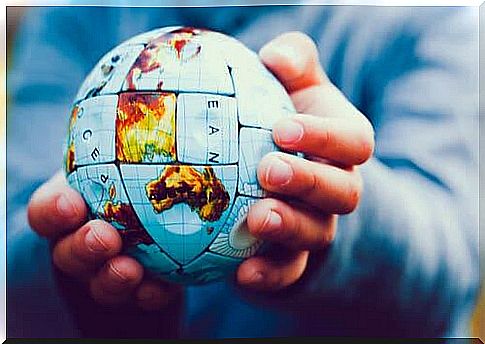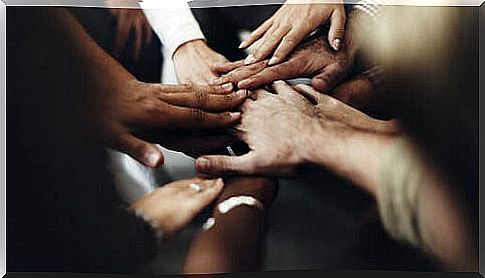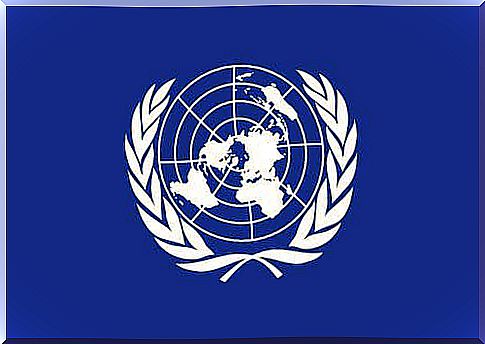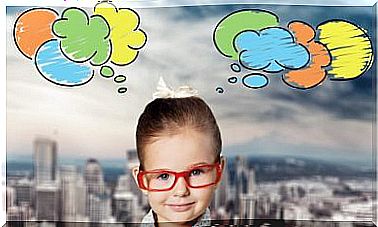The Global Goals For Sustainable Development From The UN

In July 2015, UN member states reached a final agreement on the global goals for sustainable development. Thus, they undertook to work to ensure that people all over the world can live better lives without harming the planet.
For sustainable development, 17 different goals were proposed with a total of 169 points to change the world. The participating nation states will work to achieve the goals of sustainable development by the year 2030.

The 17 goals for sustainable development are as follows:
- No poverty. End poverty in all its forms everywhere.
- No hunger. End hunger, achieve food security and improved nutrition, and promote sustainable agriculture.
- Good health and well-being. Ensure healthy lives and promote well-being for everyone of all ages.
- Good education for everyone. Ensure high-quality inclusive and fair education and promote lifelong learning opportunities for all.
- Equality. Achieve equality and strengthen the self-determination of all women and girls.
- Clean water and hygiene. Ensure the availability and sustainable management of water and sanitation for all.
- Sustainable energy for everyone. Ensure access to affordable, reliable, sustainable and modern energy for all.
- Decent working conditions and economic growth. Promote sustainable economic growth that includes everyone and ensure that all people have a job with good working conditions.
- Sustainable industry, innovations and infrastructure. Build resilient infrastructure, promote inclusive industrialization and encourage new innovations.
- Reduced inequality. Reduce inequality within societies and between countries.
- Sustainable cities and communities. Make cities and human settlements inclusive, safe, resilient and sustainable.
- Sustainable consumption and production. Ensure sustainable consumption and production patterns.
- Fighting climate change. Take rapid action to combat climate change and its effects.
- Marine and marine resources. Conserve and sustainably use lakes, seas and marine resources for sustainable development.
- Ecosystems and biodiversity. Protect, restore and promote sustainable use of land ecosystems and forest management, combat desertification and stop and reverse land degradation, and stop the loss of biodiversity.
- Peaceful and inclusive societies. Promote peaceful and inclusive societies for sustainable development, ensure justice for all and build efficient, responsible and inclusive institutions at all levels.
- Implementation and global partnership. Strengthen implementation tools and revive the global partnership for sustainable development.
What does sustainable development mean?
Sustainable development is what improves living conditions in the present without compromising the resources of future generations. Sustainable development is when we use all our resources now and leave future generations with little or nothing.
To ensure sustainable development, we must all work together to implement these large-scale changes. Without cooperation, we will never be a fairer and more equal society. We must also take positive measures that contribute to sustainable development, that respect others and the planet we live on.
UNESCO and the goals for sustainable development
UNESCO is the United Nations Educational, Scientific and Cultural Organization. They contribute to the implementation of the goals for sustainable development through their work in education, science, social sciences, culture, communication and information.
A sector of UNESCO is devoted to education issues. This is because education is an important human right and the basis for promoting a more peaceful and sustainable world.
UNESCO provides global and regional leadership. Thus, the national education systems strengthen and respond to the global challenges of our time through goal-oriented education.
What is the UN?
The UN is the largest political, economic and social organization in history. It was created in 1945, and almost every nation in the world is a member. Thus, there are currently 193 member states of the UN.
The UN has a responsibility to maintain peace and security in the world. In doing so, they seek to help solve problems that affect us all, promote human rights and provide support to countries so that everyone can work towards these goals together.

What does human rights mean?
Human rights mean the inherent rights of every human being, regardless of nationality, country of residence, gender, country of origin, ethnicity, color, religion, language or any other condition.
The UN Declaration of Human Rights was an important milestone in the history of the fight for human rights. Representatives from all regions of the world, with different cultural and legal backgrounds, were involved in helping to prepare the declaration. It was adopted by the UN General Assembly and establishes the fundamental human rights that should be protected worldwide. It has been translated into more than 500 languages.
What does education mean for sustainable development?
Education for Sustainable Development (ESD) seeks to maximize people’s potential for knowledge, critical thinking and a global perspective. Thus, it is based on everyday reality and fights against inequality situations by promoting positive and sustainable social change. Think globally, act locally!
This education brings together different parts that form its theoretical basis: social transformation, interculturality, sustainable development goals, gender, equality, social justice, solidarity, women’s rights and more. The point of all this is to try to move towards global citizenship, global justice and the achievement of human rights for all.









